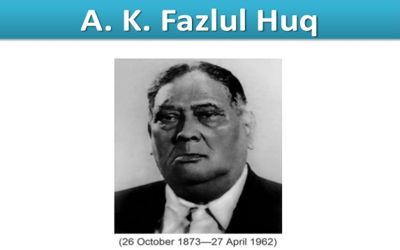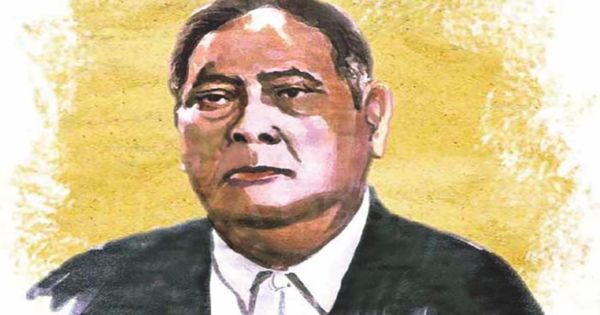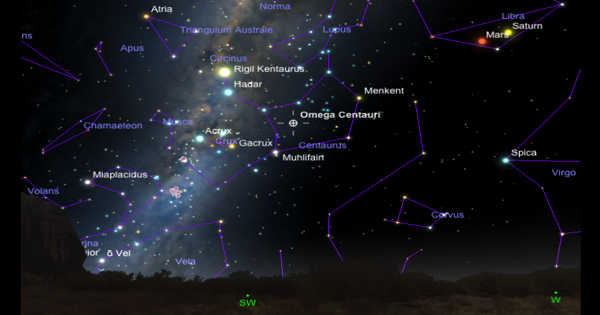Sher-E-Bangla AK Fazlul Huq
‘Sher’ means a tiger. Mr. A. k. Fazlul Huq had the courage of a tiger. So he is known as the Sher-e-Bangla. A. k. Fazlul Huq was born in 1872 at Chakhar in Barisal. His father Kazi Wazed Ali was a famous lawyer of the Barisal civil court. Kazi Wazed Ali earned a large amount of money and gave it to charity. Mr. Huq inherited this noble virtue of his father.
Shere-e-Bangla’s was a career of outstanding service, of great achievement, and of dedication to a cause. The flame of his faith in freedom and in nationalism never flickered. As a statesman, an orator, a philanthropist, an administrator, and an educationist, Sher-e-Bangla was undoubtedly a giant among men, almost an institution by himself.
AK Fazlul Huq was a statesman, public leader, and holder of many high political posts including those of the Mayor of Calcutta (1935), Chief Minister of undivided Bengal (1937-1943) and East Bengal (1954), Home Minister of Pakistan (1955) and Governor of East Pakistan (1956-58).
Fazlul Huq received his early education in a village Muktab. Then he entered the Barisal Zilla School. He had uncommon merit and secured first place in the class. He passed the entrance examination with credit. He passed the b.l. examination with honors. Mr. Huq served as a professor of mathematics for some time. He accepted government service and continued for some years. Soon he resigned from the post and joined the Calcutta high court.
In 1906 he joined the all-India Muslim league founded by Nawab Salimullah. He worked hard for his countrymen. He attended the roundtable conference in London. He organized a political party known as the Karishak party and become the first prime minister of Bengal. He did his best to save the poor debtors from the oppression of the creditors. In 1940 he raised a resolution in the Lahore Muslim league conference demanding a separate homeland for the Muslims.

Though Huq participated in All India politics, his mind was mainly confined to Bengal. In 1934 Mohammed Ali Jinnah became the President of the All India Muslim League. Huq was not happy with the program of the Muslim League. His differences with Jinnah were intensified. This was particularly manifested at the time of the election under the Act of 1935. Fazlul Huq drafted his Election Manifesto in 1936 and during his election campaigns, he vehemently opposed the Muslim League led by Jinnah. As Huq wanted to build up a new Bengal with all segments of the population, his election manifesto created a great stir among the population of Bengal. Huq made his victory easier by isolating the League from the Muslim masses. He defeated Sir Khwaja Nizamuddin at the Patuakhali Constituency.
On the basis of this resolution, Pakistan came into being in 1947. He formed the joint front and won the victory in the election of 1954. He became the chief minister of East Pakistan. He had been the home minister of the central govt. of Pakistan for some time. He had been the home minister of the then East Pakistan. Then he served as the governor of the then East Pakistan for a short time.
This great leader of Bangladesh died on 27th April in 1962. He was a man of noble character. He was very generous and kind. He helped the poor in many ways. He established many school schools and colleges in Bangladesh. He loved the common people and the common people loved him.
Entirely selfless, free from all narrowness, truthful in thought, fearless in action, meek as a lamb but a lion in spirit as he was, Fazlul Huq never failed to rise to the occasion and respond to the call and urges of his country, his people.
















